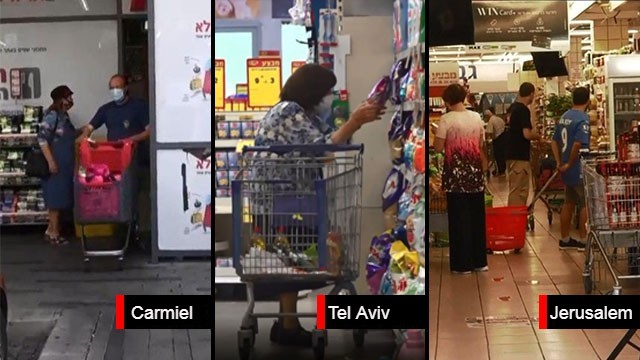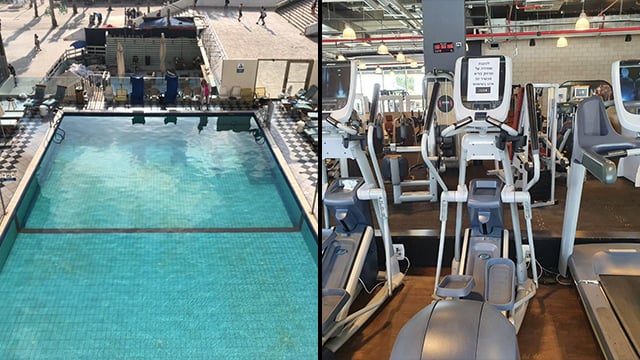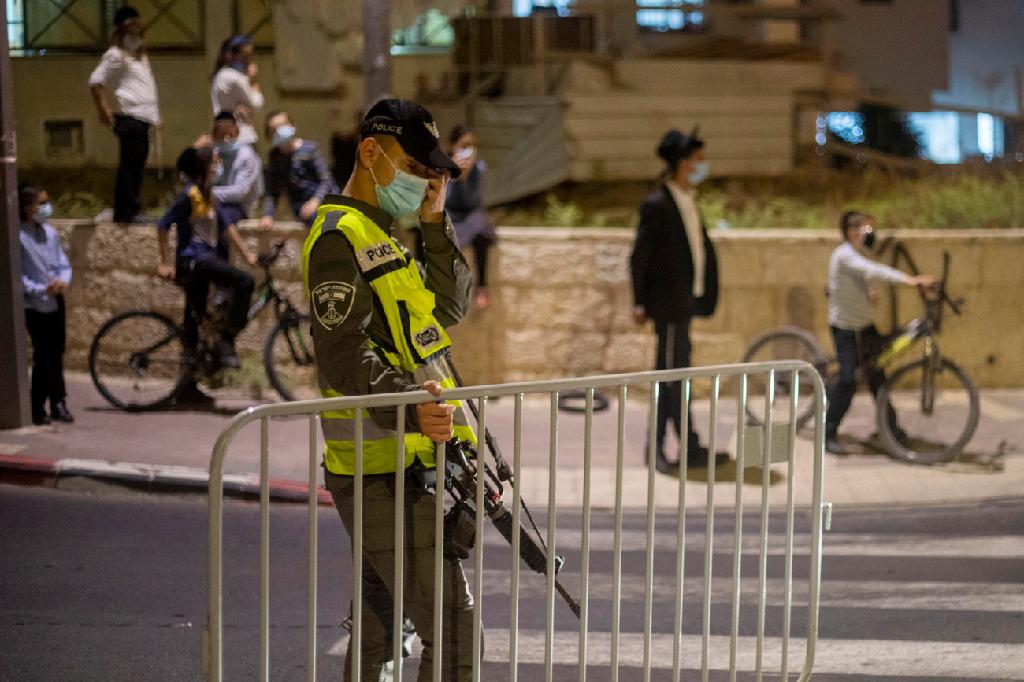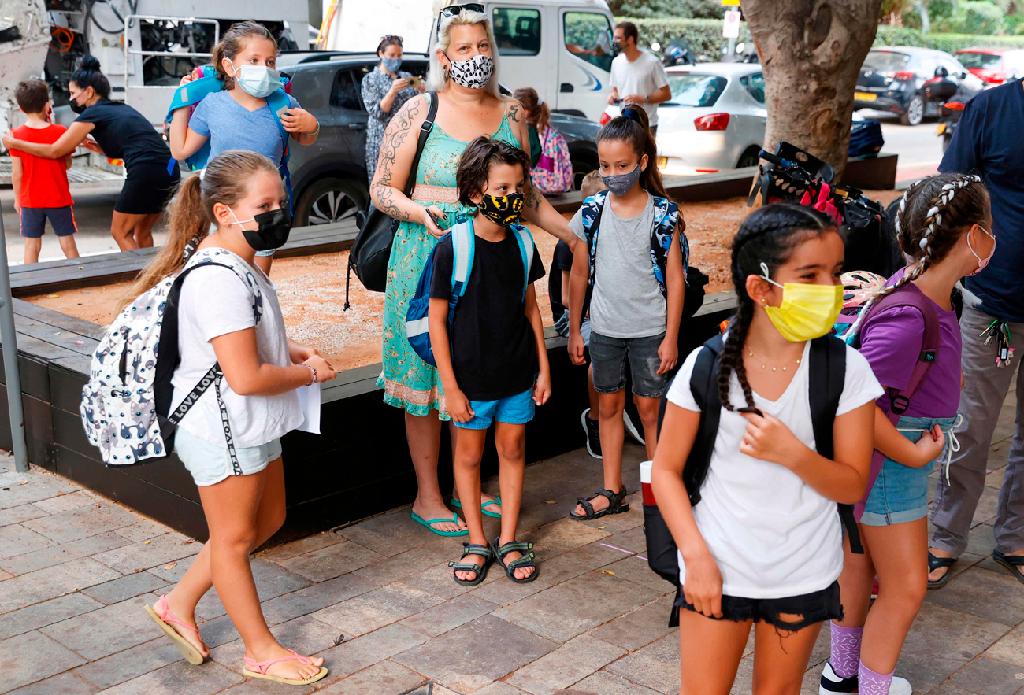Getting your Trinity Audio player ready...
Following the exponential increase in the number of infections in Israel - despite the best efforts of coronavirus czar Prof. Ronni Gamzu - a series of particularly stringent restrictions are likely to be imposed throughout Israel in the coming weeks.
Some of the restrictions approved by the ministerial coronavirus taskforce, including a two-week nationwide closure, have yet to be approved by the government, which is set to discuss the details at a meeting on Sunday.
It is currently known that the first two weeks of restrictions will be very strict, with a certain amount of easing expected in the subsequent two weeks. The final outline will be debated on Sunday.
The start date for the anticipated two-week closure is currently unclear: The options being considered are Tuesday, when nightly curfew in 40 "red zone" areas expires, Wednesday or Friday, the eve of Rosh Hashanah and the start of the month-long Jewish High Holiday period.
While it is currently uncertain what restrictions will be imposed on holiday gatherings, it seems at this point Israelis will only be able to celebrate the holdiays with their nuclear family.
Full lockdown
During the "strict" closure, those leaving their house will not be able to stray more than 500 meters from their place of residence – unless it's for the purpose of stocking up on food and medication, receiving medical aid or welfare services, attending a funeral or the handover of a minor whose parents live in separate households.
4 View gallery


Israelis stock up on provisions ahead of the expected lockdown next week
(Photos: Shahar Goldstein, Aviahu Shapira and Moshe Mizrahi)
The entire education system from kindergarten upwards, with the exception of special education institutions, will be shuttered. Children in fifth grade and above will study remotely, although it is currently unclear if the Education Ministry will be up to the task of managing the remote system effectively in the given timeframe.
Private sector businesses will be closed and work will be performed remotely, as will the jobs in the public sector. Businesses deemed necessary by the government, such as supermarkets and pharmacies, will remain operational.
Restaurants will remain closed, but will be able to offer deliveries - while pubs, bars and venues will be shuttered completely during the lockdown.
All cultural venues, including theaters and movie theaters, will also remain closed during the lockdown, as will gyms and public pools.
4 View gallery


Gyms and pools will be closed during the looming lockdown
(Photos: Barel Ephraim and Nadav Abas)
Those staying in hotels during the lockdown will be unable to leave the hotel's complex and will be unable to use the hotel pool and gym. This means the de facto closure of hotels throughout the country.
It is also unclear what restrictions will be imposed on synagogues, churches and mosques, and this issue will also be discussed at the cabinet meeting on Sunday.
Phase two
During the "light" closure - which is expected to be imposed for a two-week period after the initial "strict" closure – all travel between cities will restricted as will social gatherings.
Restaurants will remain shuttered during this two-week closure as well only able to offer deliveries; pubs, bars and entertainment venues will also remain shuttered.
It seems that the education system will open for early ages (kindergartens and lower grades in primary schools) - however a final decision on this matter has not yet been made and the issue will be examined ahead of Sukkot, which begins on October 2.
The public sector will work in on emergency footing and jobs in the private sector where there is no interaction with the public will be able to bring back 30-50 percent of their workforce.
At the end of the two closures, the government intends to return to the measures currently in place, which differentiate and categorize localities based on their respective infection rates.



